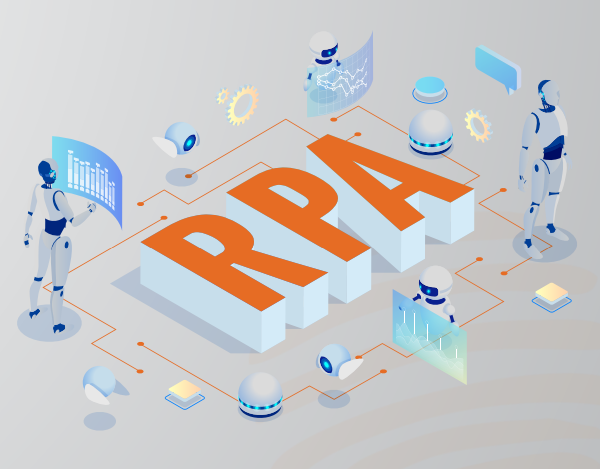Rewriting the story of work
RPA technology is changing how the world gets work done. Using Robotic process automation (RPA), we help you streamline your workflows to make your business more profitable, flexible, and responsive. While your team collaborates, creates, and interacts with customers, we transform your business end-to-end. Now, engage your workforce in more innovative work. We offer Robotic process automation services for accelerated transformation, which helps in major cost savings. Our services will help your business to have greater resilience, higher accuracy, improved compliance and enhanced productivity.

